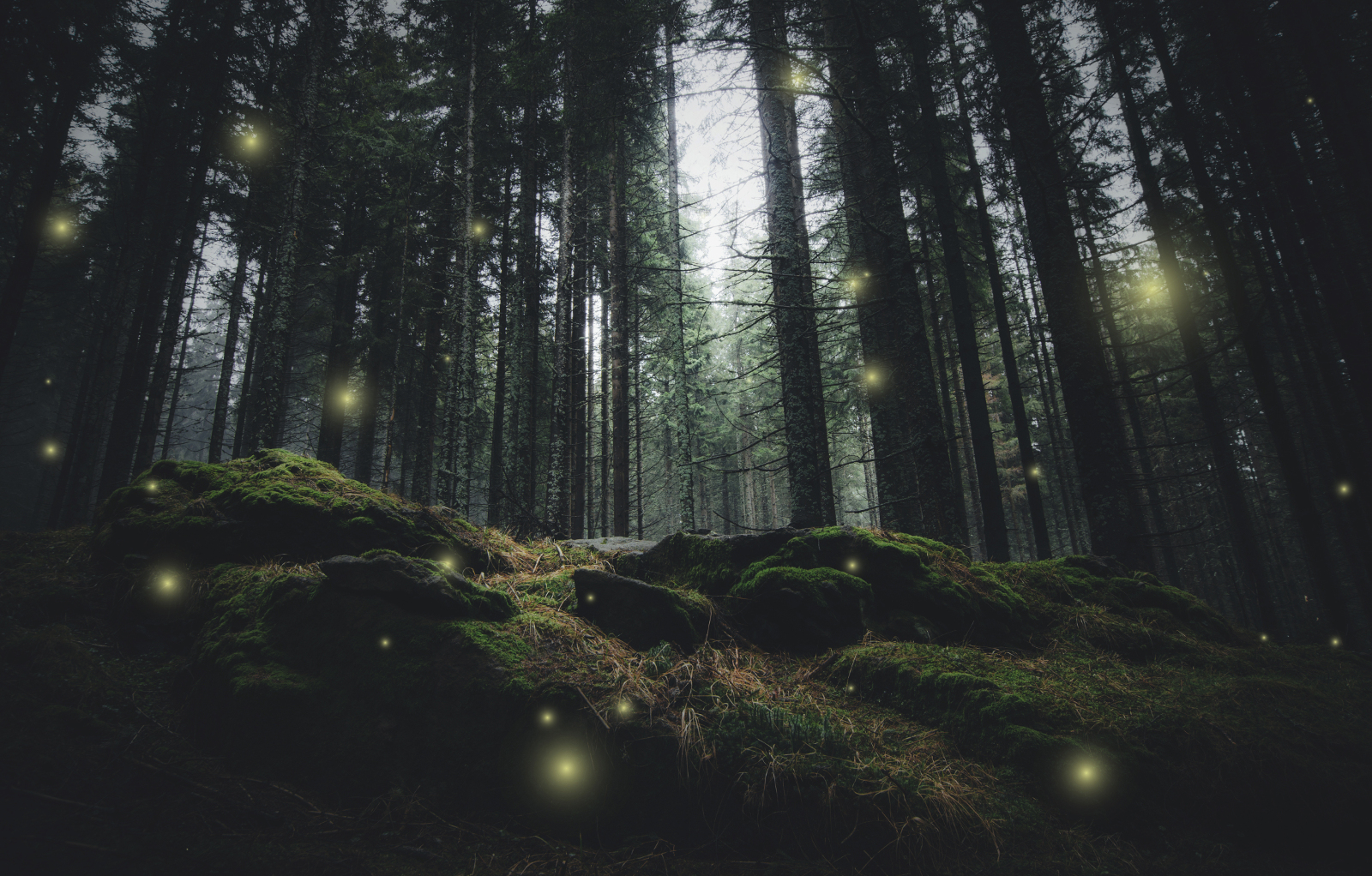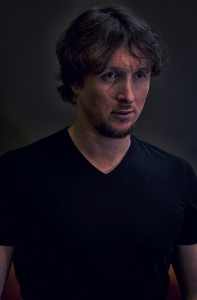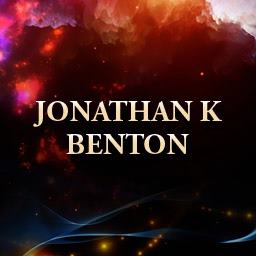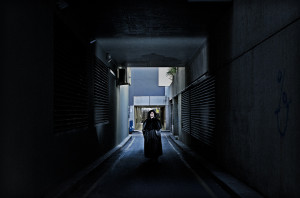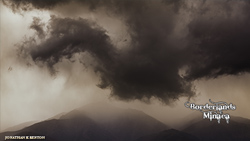 Throughout the book The Lord of the Rings, Sauron rarely (if ever, from memory) speaks a word. We don’t know what he looks like, nor are we given direct access to his thoughts. His presence, however, permeates through every page of the novel. The eye of Sauron is more metaphor than plain description.
Throughout the book The Lord of the Rings, Sauron rarely (if ever, from memory) speaks a word. We don’t know what he looks like, nor are we given direct access to his thoughts. His presence, however, permeates through every page of the novel. The eye of Sauron is more metaphor than plain description.
Voldemort is given physical form in the Harry Potter books. He’s much more of a character in this sense. Because of this, he doesn’t seem as powerful as Sauron. This is understandable given that Sauron is a maia, one of the immortal spirits that entered the universe at its inception. Voldemort hates muggles; he believes in blood purity. His twisted ways are much creepier (several of our own history’s ugliest inhabitants held a similar belief about blood purity) than Sauron’s distant dark-lord malevolence. We feel more vulnerable to Voldemort’s kind of evil.
I needed to take these two styles of dark lord into consideration when creating my own antagonist. Young adult fantasy is strewn with Voldemort-like characters – Cassandra Clare’s Valentine is also motivated by purity of blood. Today most readers like to get up close and personal with the bad guys. You can’t do this with Sauron.
Racism couldn’t drive my dark lord’s evil ambitions – blood purity has been done before – but I decided that he needed concrete qualities contained in a physical form. But I love the abstract, because it doesn’t build fences around the imagination. So how does an author combine these two classes of dark lord without sacrificing their individual strengths; how does one mix the old with the new, high fantasy with contemporary young-adult fantasy?
Introducing the dark pillar fae Jakal.
A Wicked Kind of Dark – August 2013.
